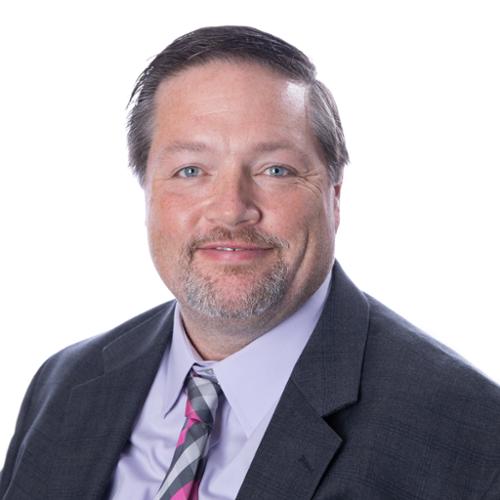Workplace Flexibility in Healthcare Careers
For many healthcare professionals, the traditional model of fixed shifts and rigid schedules is being replaced by a new focus on workplace flexibility. While healthcare has long been considered a field with little room for adaptability due to patient needs, the landscape is changing. From travel assignments and per diem work to hybrid telehealth roles, flexibility is becoming a defining feature of modern healthcare careers.
Understanding these emerging options can help healthcare professionals make informed career choices, improve work-life balance, and position themselves for long-term success.

Why Flexibility Matters in Healthcare
Healthcare is a demanding field, often marked by long hours, unpredictable patient volumes, and high emotional intensity. These factors contribute to burnout, which remains a top concern for nurses, allied health professionals, and other frontline staff. Flexibility—whether in schedule, role, or practice setting—provides an opportunity to mitigate these challenges.
By having more control over when and where they work, healthcare professionals can balance their careers with personal responsibilities, pursue additional training, or simply recharge between demanding shifts. For employers, offering flexible options also improves retention, reduces turnover, and creates more resilient teams.
Emerging Models of Workplace Flexibility
Several types of workplace flexibility are gaining traction across healthcare settings:
- Travel and Contract Roles: Travel nursing and allied health contracts allow professionals to work in new locations for set periods, often with higher pay and added benefits. This option provides both career variety and financial advantages.
- Per Diem and PRN Work: Picking up shifts on an as-needed basis allows healthcare workers to control their schedules, supplement income, or explore different practice environments.
- Hybrid Telehealth Roles: For some positions, especially in nursing, behavioral health, and care coordination, remote or hybrid roles are now available. These positions may include virtual patient visits, care management, or documentation support.
- Flexible Scheduling: Even within traditional settings, more employers are experimenting with shift-sharing, compressed workweeks, and alternative scheduling to accommodate staff needs.
Benefits and Considerations for Healthcare Professionals
Flexibility comes with both advantages and trade-offs. On the positive side, professionals can enjoy improved work-life balance, opportunities to explore different specialties or care settings, and potentially higher earnings through travel or contract work.
However, flexible roles may also mean less stability, varying benefits packages, or the need to frequently adapt to new teams and environments. Understanding these dynamics helps healthcare professionals choose the options that align best with their lifestyle and career goals.
How to Take Advantage of Flexible Opportunities
Healthcare professionals interested in flexible work should start by evaluating their priorities. Is higher pay the main motivator? Is schedule control more important than location? Are long-term career development opportunities a priority?
Networking with peers, exploring job boards that highlight flexible roles, and attending career fairs can open the door to opportunities. Professionals should also consider certifications or additional skills that make them more competitive for roles like telehealth, travel, or leadership positions.
Where PracticeMatch Comes In
At PracticeMatch, we recognize that flexibility is increasingly essential for today’s healthcare professionals. That’s why we connect job seekers to a wide range of opportunities—from traditional full-time roles to travel contracts, per diem shifts, and emerging telehealth positions.
Through our career fairs, job boards, and networking tools, healthcare professionals can explore roles that fit their unique needs and lifestyle. Our resources also provide insights into career trends, helping you understand where the demand is strongest and how to position yourself for success.
Whether you’re looking for the stability of a permanent role or the freedom of flexible assignments, PracticeMatch helps you navigate the changing healthcare career landscape with confidence.
Final Thoughts
Workplace flexibility is transforming healthcare careers, offering professionals new ways to balance personal and professional priorities while maintaining rewarding, impactful roles. By exploring travel assignments, per diem shifts, hybrid telehealth positions, and alternative scheduling models, healthcare professionals can take greater control of their careers.
With the right resources and support—like those available through PracticeMatch—you can find opportunities that fit your goals and ensure your career remains both sustainable and fulfilling.

Clint Rosser is the CEO of PracticeMatch. He has been with PracticeMatch since 2016. He has overseen several departments within PracticeMatch, including Inside Sales, Career Fairs, and the Client Services team. Clint, along with his team, has helped elevate PracticeMatch client services to move past a transactional vendor relationship to a full partnership with clients. This has allowed PracticeMatch to build stronger relationships and work with clients closer to ensure they can achieve the most ROI possible.